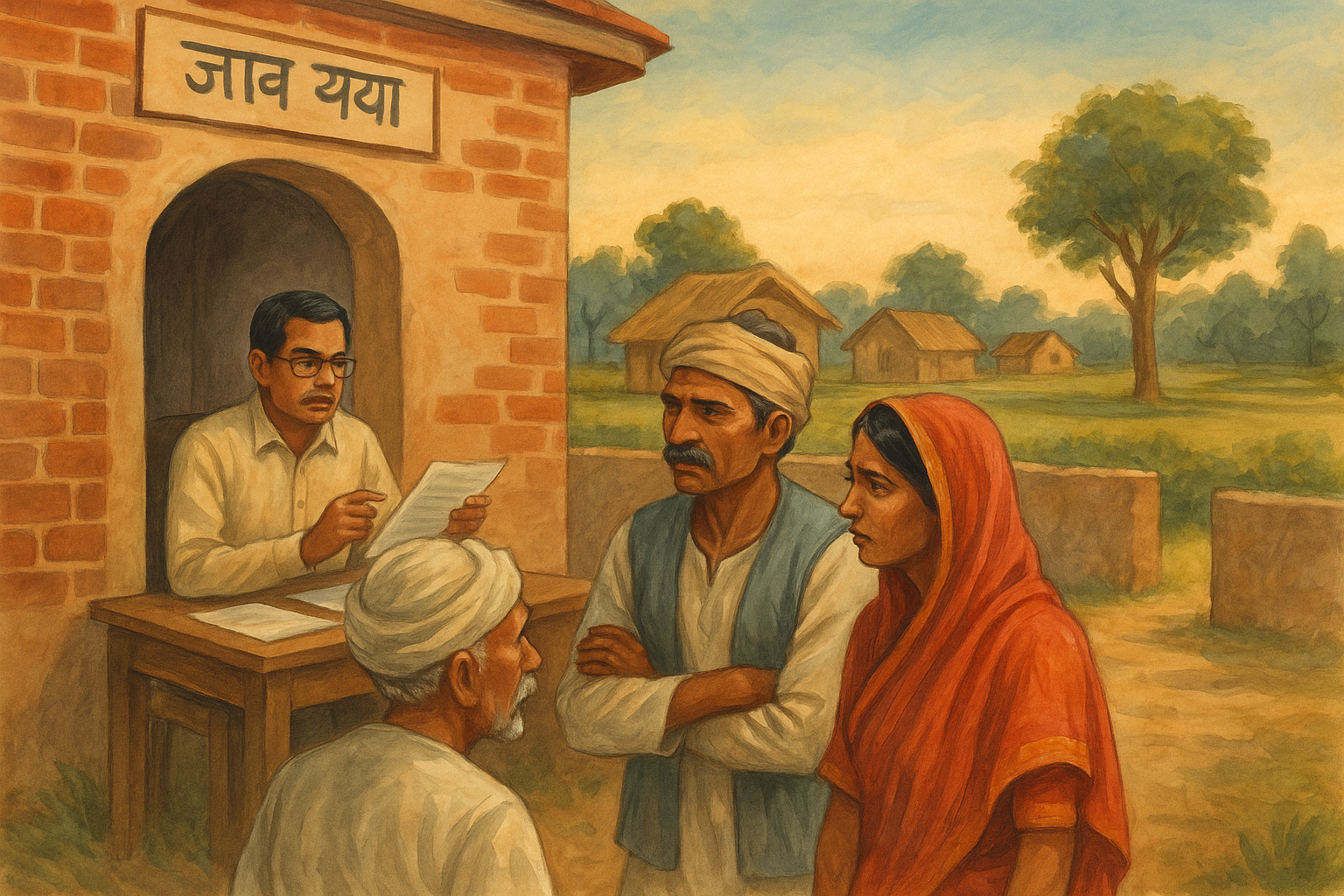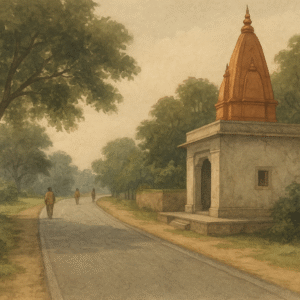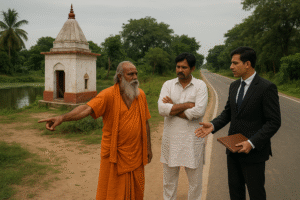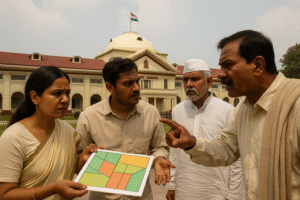Simplified Explanation of the Judgment
This case involves a dispute over land rights in Nalanda, Bihar. The appellant had approached the Patna High Court challenging government authorities after claiming ownership of land based solely on a mutation entry in the revenue records.
The appellant’s writ petition (C.W.J.C. No. 1305 of 2019) was dismissed by a Single Judge of the High Court on 22 January 2019, holding that mere mutation in revenue records does not confer title or ownership. Dissatisfied with that ruling, the appellant filed a Letters Patent Appeal (LPA No. 307 of 2019) before a Division Bench of the High Court.
The appellant’s core argument was that since the mutation entry was in his favor, he should be recognized as the rightful owner of the disputed land. However, the State authorities strongly opposed this claim, contending that title was seriously disputed and could not be adjudicated merely on the basis of mutation records.
The Division Bench, comprising Hon’ble the Chief Justice and Hon’ble Mr. Justice S. Kumar, examined the matter and reaffirmed the settled legal principle that mutation is only an entry made for fiscal purposes (collection of land revenue) and does not, by itself, establish ownership rights.
The Court further held that when the claim of title is seriously disputed by the State, the matter involves a complex question of fact which cannot be resolved in a writ proceeding under Article 226 of the Constitution. Instead, the appropriate forum for such adjudication is a civil court, where evidence can be led, and ownership questions properly determined.
Thus, the Court upheld the Single Judge’s decision and dismissed the appeal. However, the appellant was given liberty to seek remedies by filing a civil suit in the competent court to establish title.
In simple terms, the Court reiterated a well-established principle: mutation entries are not proof of ownership. They are only for revenue collection purposes, and disputes over ownership must be settled in civil courts, not in writ proceedings.
Significance or Implication of the Judgment
- For Landowners: Having your name in revenue records (mutation) does not automatically make you the legal owner of land. Ownership rights must be proved through proper title documents or civil court decrees.
- For Government and Revenue Authorities: The judgment strengthens the principle that revenue entries are for administrative purposes only and cannot be treated as proof of ownership in disputed cases.
- For the Public: This case is an important reminder that if your land title is contested, you must approach a civil court. A writ petition under Article 226 is not the proper remedy.
Legal Issue(s) Decided and the Court’s Decision
- Does mutation in revenue records confer ownership/title?
– Decision: No. Mutation entries are only for fiscal purposes; they do not create or extinguish ownership rights. - Can ownership disputes be decided in writ jurisdiction under Article 226?
– Decision: No. Disputed questions of fact regarding title must be decided by a civil court, not in a writ petition.
Judgments Relied Upon or Cited by Court
- General reliance on the settled principle of law regarding mutation entries and their limited purpose in revenue records.
Case Title
Appellant vs. State of Bihar & Ors.
Case Number
Letters Patent Appeal No. 307 of 2019
(in Civil Writ Jurisdiction Case No. 1305 of 2019)
Citation(s)
2021(1)PLJR 742
Coram and Names of Judges
- Hon’ble the Chief Justice Sanjay Karol
- Hon’ble Mr. Justice S. Kumar (Judgment dated 04-02-2021)
Names of Advocates and who they appeared for
- For Appellant: Mr. Raj Kishor Prasad, Mr. Lal Bahadur Singh, Mr. Ashok Kumar
- For Respondents/State: Mr. Md. Khurshid Alam (AAG-12), Mrs. Nutan Sahay (AC to AAG-12)
Link to Judgment
https://patnahighcourt.gov.in/viewjudgment/MyMzMDcjMjAxOSMxI04=-aagxILs–am1–Hyk=
If you found this explanation helpful and wish to stay informed about how legal developments may affect your rights in Bihar, you may consider following Samvida Law Associates for more updates.








